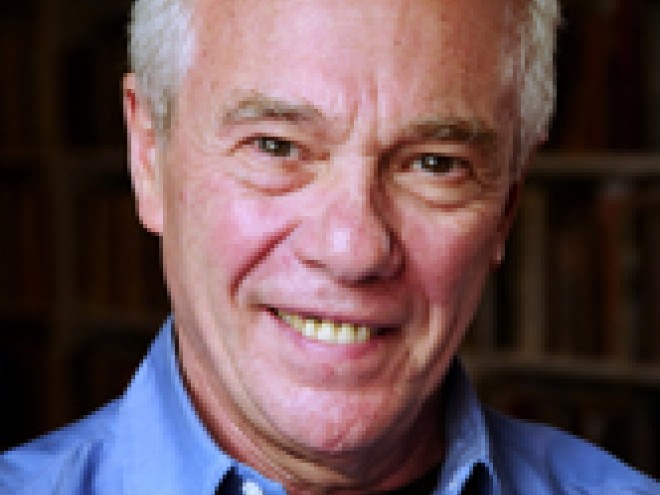Earlier this week, Beth Kissileff mused on the final Biblical commandment — to write. With the release of her novel Questioning Return, Beth is guest blogging for the Jewish Book Council all week as part of the Visiting Scribe series here on The ProsenPeople.
When I finished writing my dissertation, I decided that I would get down to writing what I really wanted to write: a novel. I had the discipline of being able to sit and write; at least in those pre-Internet days, I was pretty good at not getting distracted. While paying for child care, I had to use my time productively, since I hated thinking of spending money to do chores and errands I could do when my daughter was home. I knew I had the focus and the ideas to write a novel, since I’d already completed a longer piece of writing. All I had to do was put my behind in a chair, turn my computer on, and sit for long enough to type it all out.
The topic of my novel was obvious to me: since I had just finished writing a dissertation, naturally I wanted to write about someone writing her dissertation, the process of writing it, how it interacted with the other things happening in her life. I didn’t need to write the actual dissertation itself, though the topic would certainly be part of the story. With what personal meaning did she imbue this material of academic study, why it was something she personally needed to do? I would be getting at the subterranean channels of emotion that ran beneath the ostensibly objective words in a dissertation, which was what I was after all along. My character would learn that she wanted to write about Jews who become more religious in Israel because the topic of Judaism actually held meaning for her, beyond this work as her entrée into the profession.
People in graduate school tend to define themselves by the nature of their fields, what they find important in a sub-field, who their mentors are and working scholars they most admire. My character needed to come to the point of realizing that her dissertation and professional life do not define every aspect of herself, that she needs — and wants — to develop as a human being, not just a future academic.
The difference between a novel and a dissertation is not just in the reading and research that go into each text. For a novel, I did read many books on topics related to religious returnees; Jerusalem and its history, architecture, and archaeology; American religious studies; and anthropological fieldwork and interviewing techniques. I think the difference lies in the value placed on emotions , exposing and expressing them in a novel, bringing points of tension between characters and resolving them or not. A dissertation needs to have a speaking self that appears without expressing bias; a novel needs a character shot through with passion and fervency so the reader keeps wanting to know more.
What was going on in my life in the months when I started writing was that after being four months pregnant with my second child, when we went for the 16-week appointment, there was no heartbeat. My pregnant-appearing belly was not holding a live baby but a corpse that would never be introduced to the world. 
Was I responsible for my unborn child’s death? Had I done something, like drinking too much coffee, that was harmful to my baby, even endangered it? These are the questions I needed to explore, for myself, what kind of mother and professional I was going to be, how I could continue in the face of sadness and grief. My character faces a death that she may or may not have responsibility for at the midpoint of my novel. Letting her grapple with these questions was a way of struggling with my own dilemmas, which are the type that are not ever wholly resolved , just coped with. In fact the process I thought would be so simple of writing a novel over a summer turned into a process of many years. But the thought and struggle that informed my writing complicated my character and matured her, just as I too managed my own life.
Beth Kissileff is a writer and journalist with a PhD in comparative literature from the University of Pennsylvania. She has taught in various fields of English and Jewish Studies at Carleton College, the University of Minnesota, Smith College and Mount Holyoke College.
Related Content:
- Miranda Richmond Mouillot: How to Ask?
- Leah Lax: Gloria Steinem Named My Book
- Daniel Oppenheimer: An Author’s First Book Is Always Their Second
Beth Kissileff is in the process of fundraising and writing grants to develop a program to assist rabbis of all denominations with writing and publishing books. Kissileff is a rabbinic spouse and author of the novel Questioning Return as well as editor of the anthology Reading Genesis: Beginings.




